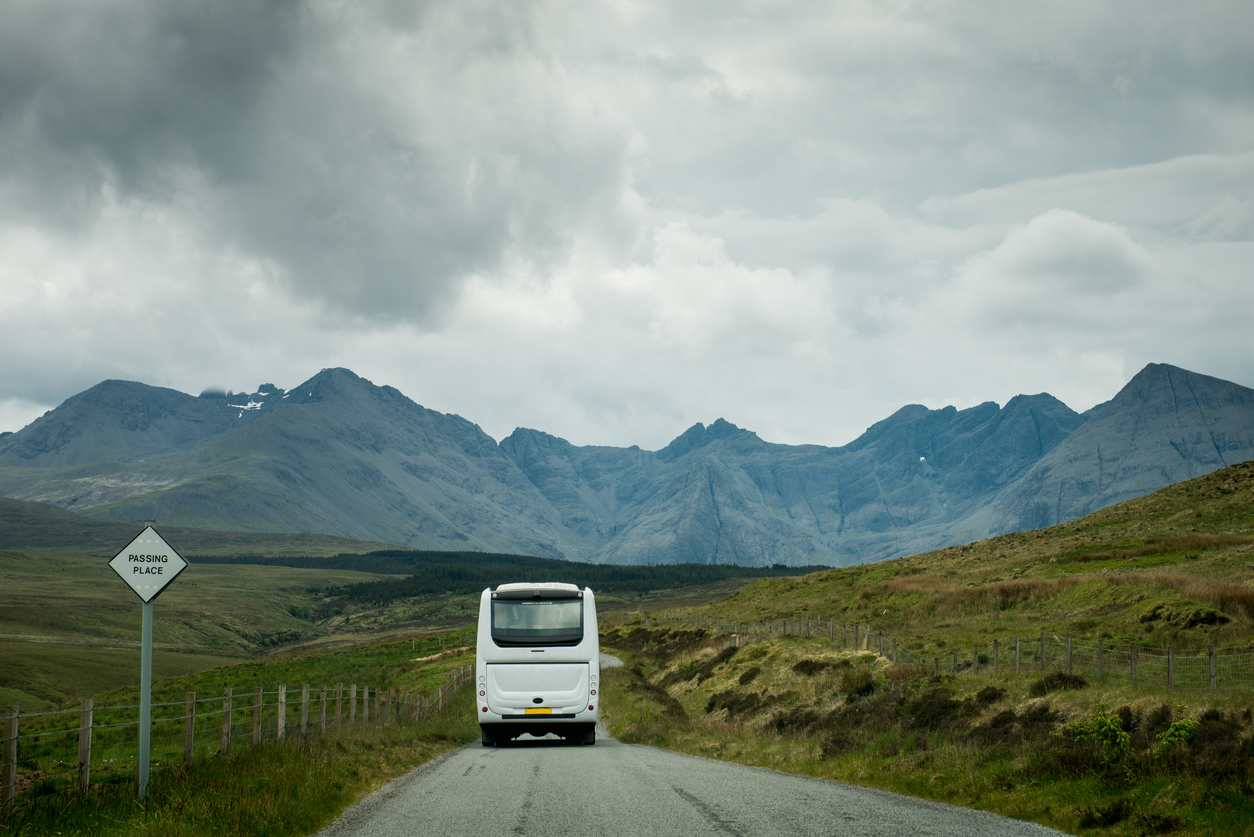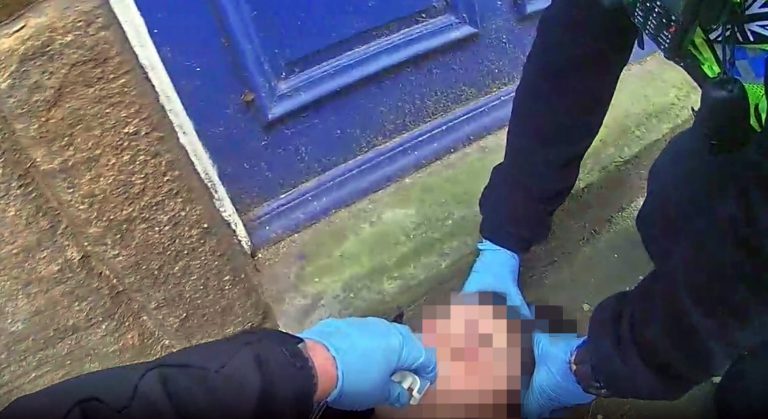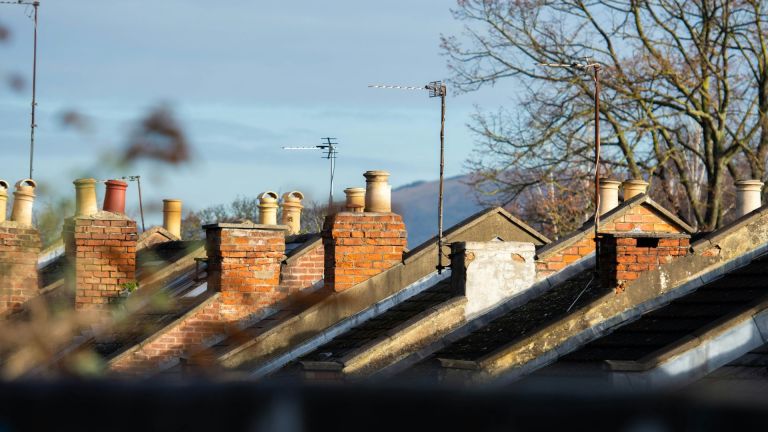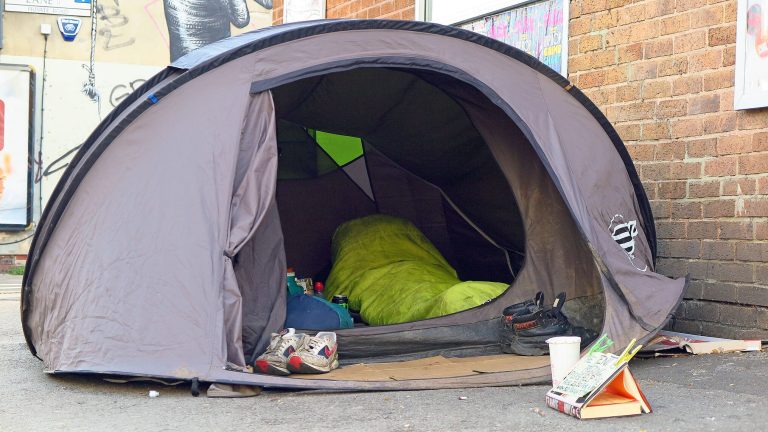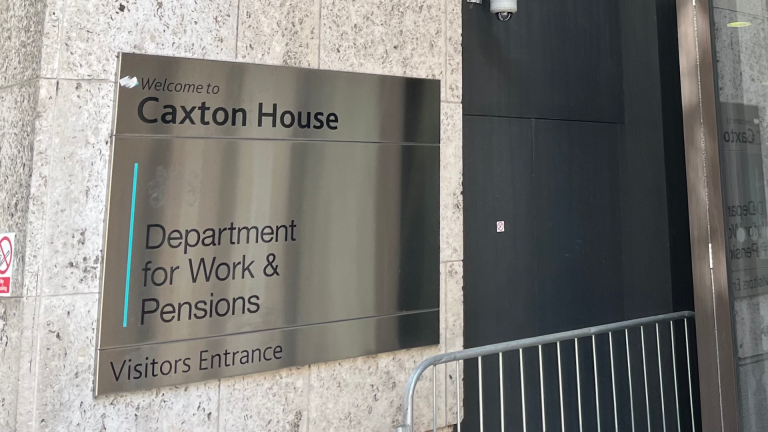Disadvantaged people in urban areas are being kept from Britain’s top beauty spots because of distance and poor public transport links, according to new research.
A study by The Campaign to Protect Rural England (CPRE) found that 36 per cent of England’s population lives too far from national parks for them to be classed as ‘easily’ accessible destinations. It said a chronic lack of transport options stopped the poorest people from enjoying all the physical and mental benefits of the outdoors.
Areas that are within 15 miles of protected landscapes known as areas of outstanding natural beauty (AONBs) were considered easily accessible by the campaign. This meant the majority of people considered within range could get to national parks using public transport or a car they have access to.
While maps generated as part of the study demonstrate that most people in places such as Liverpool, Chester, Cambridge, Northampton and Peterborough live outside the accessible ‘catchment area’ for these locations, they also highlighted strong correlation between poverty levels and lack of access to England’s 10 national parks and 34 AONBs.
Almost half of the most socially deprived areas in the country fell outside what the CPRE considered acceptable distance from the countryside.
Figures released by environmental government adviser Natural England said that people from black, Asian and minority ethnic groups made up only one per cent of national park visitors, despite accounting for 14 per cent of the country’s population.
Emma Marrington, senior rural policy campaigner at CPRE, said: “When the most beautiful parts of England’s countryside were given National Park status, or designated as AONBs, they were done so as a public good – so that everyone could enjoy the benefits that access to them can bring. But the mapping demonstrates that a huge amount of people are currently missing out.
